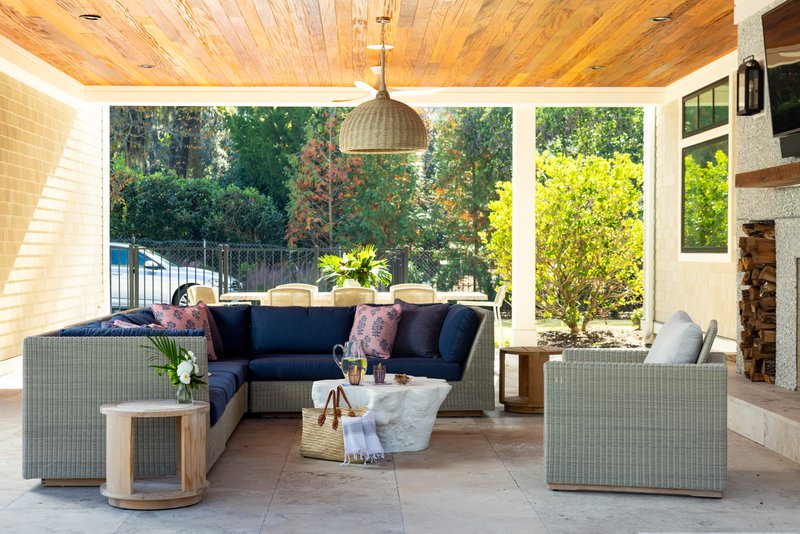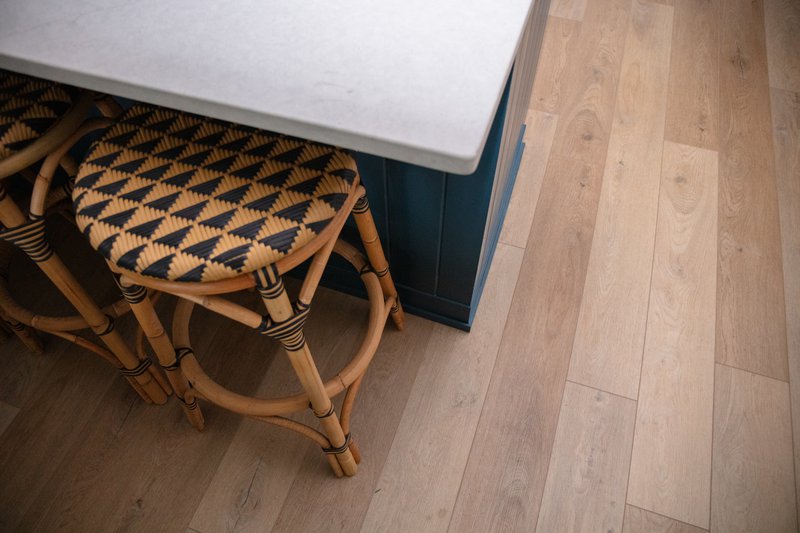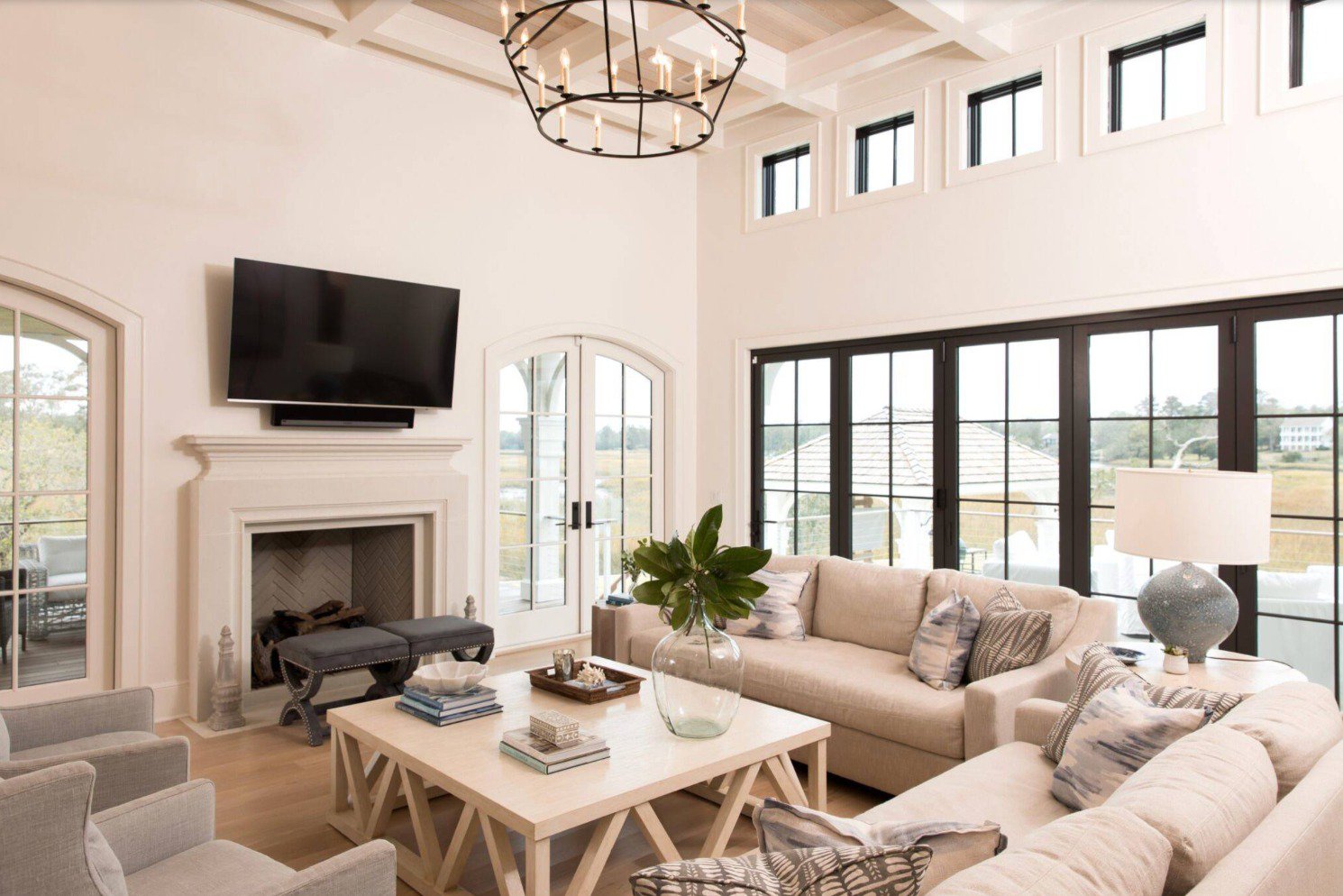Building a home is about more than four walls and a roof—it’s about creating a space that reflects your values, supports your lifestyle, and anticipates your future. That’s exactly why energy-efficient homes are quickly becoming the standard for thoughtful, forward-looking residential construction. Energy efficiency speaks directly to cost savings, environmental responsibility, and long-term livability, all of which are influencing how new homes are being designed and built today.
From advanced insulation systems to smart home automation, energy-efficient homes represent a shift in how builders and homeowners alike view long-term comfort and utility. For those planning a new build or major renovation, this movement opens the door to a range of smart design decisions that benefit your family, your wallet, and the planet.
What Makes a Home Energy Efficient?
The idea behind energy-efficient homes is simple: reduce waste and optimize performance. These homes are constructed or upgraded with materials, systems, and technologies that use less energy to maintain a comfortable living environment. High-performance windows, properly sealed building envelopes, energy-efficient HVAC systems, LED lighting, and low-flow water fixtures are just the beginning.
But energy efficiency isn’t just about materials—it’s also about design. Strategic orientation for natural light and ventilation, optimal insulation placement, and integration of renewable energy sources like solar panels all play a role. The result is a home that not only meets code but also exceeds expectations for energy conservation and livability.

Why Energy Efficiency Matters in New Builds
Every component of a new build is a blank slate—an opportunity to get things right the first time. And the stakes are high: poorly insulated walls, outdated HVAC units, and inefficient appliances lead to higher monthly bills and more frequent repairs. With energy-efficient homes, the upfront investment in better systems pays off over time in the form of lower utility costs and improved indoor air quality.
This is especially important for those building in regions where weather extremes are becoming more common. An energy-efficient home is designed to maintain comfortable interior temperatures despite exterior fluctuations, helping residents stay cool in the summer, warm in the winter, and secure through storm seasons.
The Long-Term Value of an Energy-Efficient Build
Beyond comfort and savings, energy efficiency adds significant long-term value. Modern buyers are increasingly interested in homes that promise lower running costs and sustainable features. That means homes built to energy-efficient standards tend to have higher resale values and shorter listing times on the market.
Additionally, many states and municipalities offer tax incentives, rebates, and other financial perks to encourage energy-efficient construction. These can help offset upfront costs, making the decision even easier for those weighing their options.
The Role of Smart Technology in Energy-Efficient Homes
Smart home systems are rapidly becoming essential tools in the energy efficiency toolbox. Programmable thermostats, smart lighting, and energy monitoring apps allow homeowners to control and optimize their energy use with precision. In some cases, systems can adapt in real time, reducing consumption based on weather, occupancy, and usage patterns.
The true strength of smart tech lies in its ability to bridge the gap between efficiency and convenience. Homeowners no longer have to choose between performance and lifestyle—they can have both, with real-time data helping them make smarter choices every day.
Energy Efficiency and the Future of Custom Homebuilding
As building codes continue to evolve and energy standards become stricter, integrating energy efficiency from the start is not just wise—it’s necessary. Custom homebuilders have a unique opportunity to lead the charge, working closely with clients to incorporate sustainable materials and systems that meet modern demands without sacrificing design or function.
This alignment between craftsmanship and environmental stewardship is something we value deeply. We’ve seen firsthand how intentional planning and smart material choices can result in homes that feel just as good as they function.

How Energy-Efficient Homes Support Storm Resilience
Especially in coastal and storm-prone regions, energy-efficient homes often align with better storm protection. Airtight construction, impact-resistant windows, and reinforced roofing materials are not only great for insulation but also improve a home’s ability to withstand severe weather. And when paired with storm protection systems, like those we install, the result is a home that’s both efficient and resilient.
This intersection of energy conservation and disaster preparedness reflects a more holistic approach to building—one that considers not only the cost of running a home but also how well it protects the people who live inside it.
Making the Most of Every Square Foot
Another important aspect of energy-efficient homes is that they promote more intentional use of space. With better thermal control, zones within the home stay more consistent in temperature, reducing the need for oversized HVAC systems. Smart layouts, well-placed windows, and insulated garages or attics ensure that no part of the house becomes a weak link in the energy chain.
That makes every square foot more usable, and that’s something every homeowner can appreciate, especially in custom builds where space should reflect lifestyle, not just square footage goals.
Ready for the Next Step? Let’s Build Smarter Together
Building a new home today means thinking not just about how it looks, but how it works for you, your family, and the environment. Energy-efficient homes are not a passing trend; they’re a better way forward, blending modern design with long-term performance.
At Konrady & Son Construction, we build homes that are as smart as they are beautiful. Whether it’s a custom build, a thoughtful renovation, or integrating protective systems into your new construction, we take energy performance seriously because we believe every home should work hard for the people who live in it. Ready to build the home of your dreams? Send us a message today.
Leave a Reply Cancel reply
site design
Monday - Friday
8:00 AM- 5:00 PM
435 Eastwood Rd
Wilmington, NC 28403
